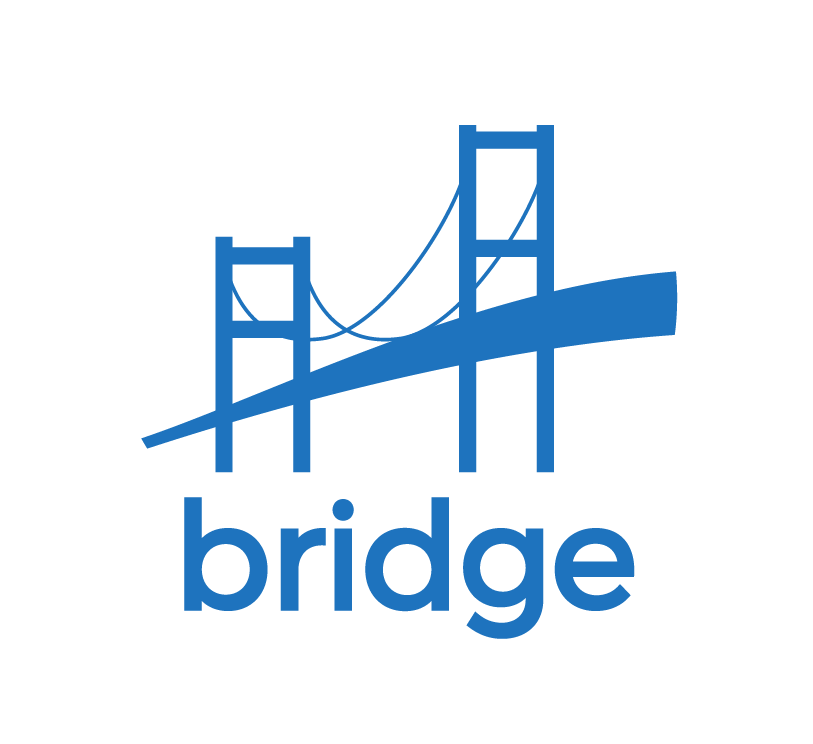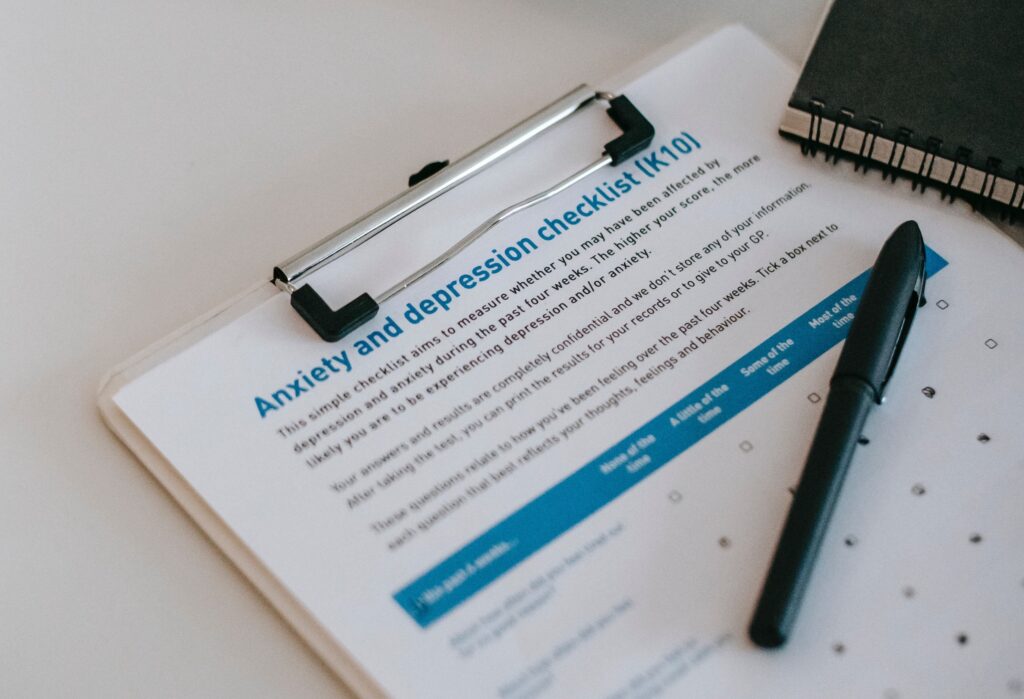Many therapists have noticed clients have increasingly come to therapy talking about difficulties in a whole new “therapy speak”. Clients even use this terminology to diagnose others and themselves. But is there much difference between mental health terminology of scientific study versus what consumers label their experiences?
Many consumers now appear to speak about how any relationship disagreement indicates narcissism. Or how any valid stressor is labeled “trauma”. Or how any difficulties with focus or attention must signal ADHD.
So how do these terms become so widespread? Even to the point where therapists find it difficult to help clients take on more accurate and beneficial understanding? The consumption of information from modern media sources appear to fill a very understandable desire for any of us to make sense of difficult experiences. Existing research on the spread of misinformation on geopolitical information (e.g., social media pages about political movements) may shed light on the deeper psychosocial need.
Much of the newly generated mental health terminology appears driven by social media content and Internet blogs. Social media influencers appear to positively reinforcing that desire for many who seek it. This is the case whether or not that influencer provides accurate information. But it is also positively reinforcing for the influencer getting engagement from their posts. Classic reinforcement principles for both consumer and influencer.
Much of the way online blogs speak about mental health may also influence therapy speak. Search engine optimization (SEO) refers to key terms websites use to rank highly on search engines. SEO dictates what people search for. But it is also dictated by what people search. If consumers search for therapy speak concepts, websites tend to disseminate posts about those concepts to pickup readership.
With an understandable strong desire to understand difficult experiences, does it matter how clients understand mental health concepts? There is even evidence that this information, like other forms of misinformation, can cause harm to clients (e.g., myths about grief).
So then what do we do about the spread of this therapy speak? The jury is still out on how to to use therapist resources to combat this overall spread or if that would even be effective (the social media and blogosphere is a big “animal”!). It is probably unnecessary and overkill to organize any regulatory bodies on terminology (if we would even want to).
For now, therapists can each come to the table with an awareness of how we accurately refer to the concepts we work with. Some therapists are influencers with 1.5 million followers, while others work in their own practice of 1.0 therapists. In all cases, kindly and diplomatically labeling concepts accurately can positively benefit clients and prevent potential impacts of misinformation.














